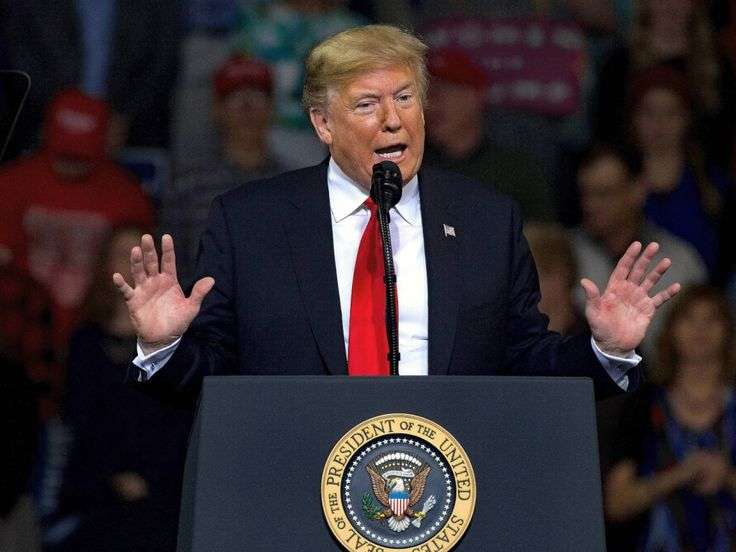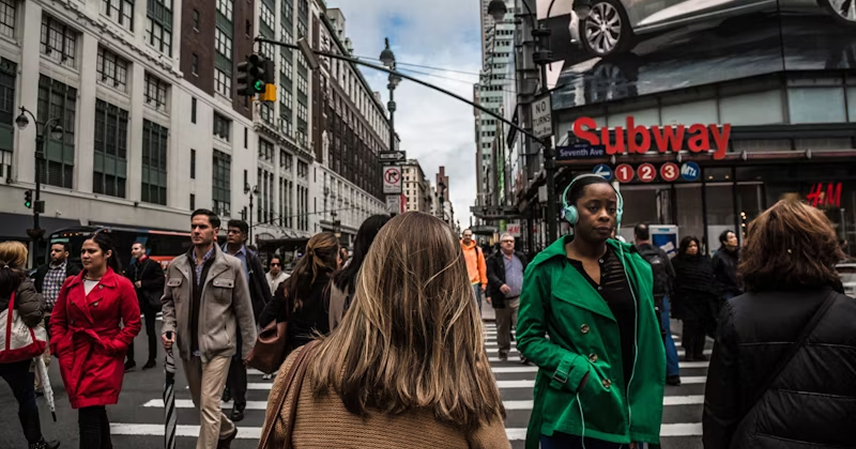Washington D.C./New Delhi, May 14:
Former U.S. President Donald Trump’s newly proposed drug pricing order, aimed at lowering prescription drug costs for American citizens, has triggered alarm within the global pharmaceutical industry. Experts warn that the policy may have unintended consequences for developing nations, including India, as pharmaceutical companies may look to offset losses by raising prices in international markets.
The executive order, formally titled the “America First Drug Pricing Reform Act,” mandates U.S. federal health programs to align their drug purchasing prices with those of select foreign nations. While the move is designed to cut prescription drug costs in the U.S., it could significantly disrupt global pricing models, particularly in low- and middle-income countries.
Pharmaceutical Industry Faces New Economic Pressures
Under the proposed legislation, U.S. government programs such as Medicare would only reimburse pharmaceutical companies for medications based on a reference pricing index, calculated using the lowest prices in a group of economically comparable nations. As a result, pharmaceutical giants may attempt to recoup revenue losses by raising drug prices in countries like India, Brazil, and South Africa—where margins are typically lower.
“The U.S. is a major profit center for global pharma companies. If margins are squeezed domestically, it’s inevitable that they’ll look to compensate elsewhere,” said Dr. Meera Rajan, a health economist based in Bengaluru. “Unfortunately, this could mean significantly higher drug prices in India and other developing economies.”
Impact on India’s Healthcare Ecosystem
India, which already faces challenges in ensuring affordable access to essential medicines, could see a ripple effect. With out-of-pocket expenditure accounting for nearly 55% of total health spending in India, any increase in medicine prices would disproportionately affect lower-income populations.
Indian pharmaceutical manufacturers—many of which supply generic drugs globally—are also assessing how the U.S. policy may influence their pricing and export strategies. Some fear increased price pressure on U.S. sales may reduce incentives for generics manufacturing, affecting both global supply and affordability.
“The Indian pharma industry plays a critical role in making affordable medicines available across the Global South,” said Sudarshan Jain, Secretary General of the Indian Pharmaceutical Alliance. “If U.S. reforms trigger price hikes globally, we must ensure that India’s domestic health priorities are not compromised.”
International Backlash and Policy Pushback
Several international public health organizations, including Médecins Sans Frontières (Doctors Without Borders), have criticized the executive order, stating that it prioritizes short-term American interests over global health equity. They argue that developing countries should not bear the cost of reforms meant to fix the U.S.’s high-priced drug market.
“This is a classic case of cost-shifting,” noted Rachel Thorne, policy advisor at Global Health Watch. “While lowering U.S. drug prices is essential, it should not come at the expense of essential medicines affordability in Africa, Asia, or Latin America.”
Conclusion
Trump’s latest drug pricing reform may mark a shift toward domestic affordability in the U.S., but its broader global economic and humanitarian implications remain under intense scrutiny. As India and other developing nations brace for the fallout, health policy makers face growing pressure to implement safeguards to protect access to affordable medication. How governments respond to this challenge could shape the future of global pharmaceutical pricing for years to come.



